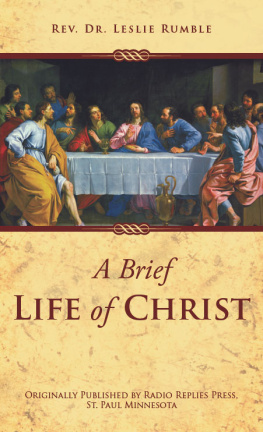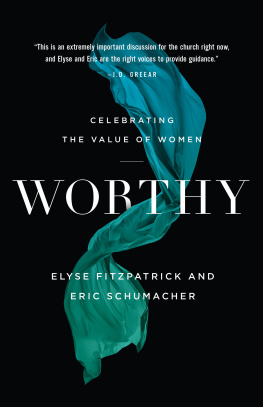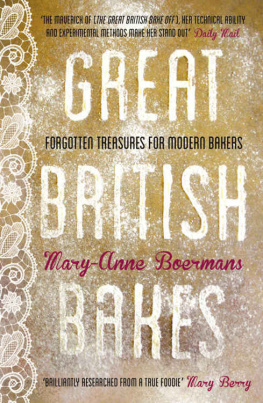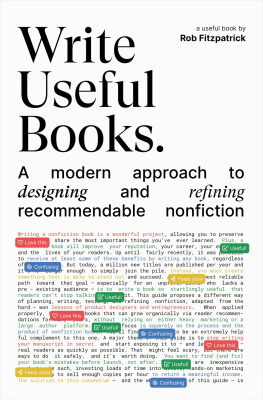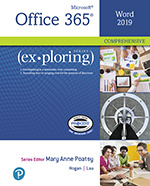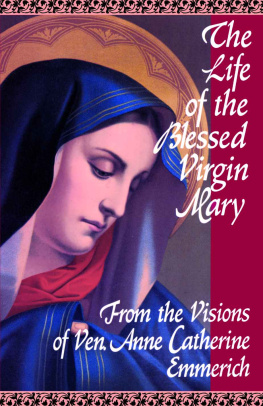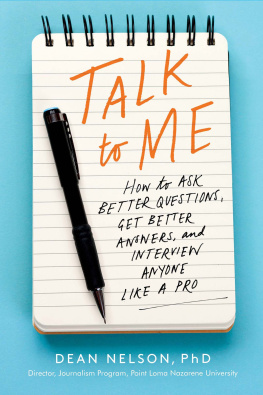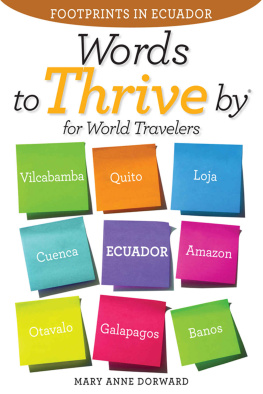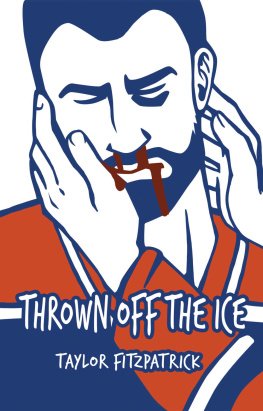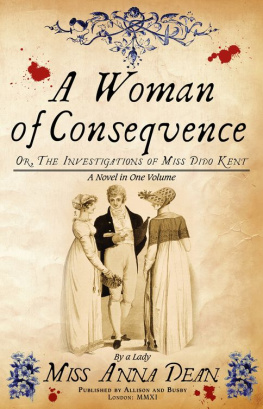From the Desk of the Dean
FROM the DESK OF the DEAN
THE HISTORY AND FUTURE OF ARTS AND SCIENCES EDUCATION
EDITED BY
Mary Anne Fitzpatrick and Elizabeth A. Say
Foreword by Sally Mason
THE UNIVERSITY OF SOUTH CAROLINA PRESS
Publication is made possible in part by the generous support of the University of South Carolina College of Arts and Sciences.
2017 University of South Carolina
Published by the University of South Carolina Press
Columbia, South Carolina 29208
www.sc.edu/uscpress
26 25 24 23 22 21 20 19 18 17
10 9 8 7 6 5 4 3 2 1
Library of Congress Cataloging-in-Publication Data
can be found at http://catalog.loc.gov/
ISBN: 978-1-61117-841-8 (cloth)
ISBN: 978-1-61117-842-5 (ebook)
Front cover image: MilosJokic / istockphoto.com
CONTENTS
SALLY MASON
LYNN Y. WEINER AND DOROTHY ABRAHAMSE
NANCY A. GUTIERREZ
PAUL B. BELL
THEODORE ROBERT YOUNG
JEFFERY P. BRADEN
VALERIE GRAY HARDCASTLE
PAULINE YU
DEBRA W. STEWART
IHRON L. RENSBURG
DONALD E. HALL
FOREWORD
SALLY MASON
In the pages that follow, a compelling case is made for the continuing importance of the liberal arts and sciences. For those of us who have spent our lives pursuing teaching, learning, and innovating in the arts and sciences, much of this will come as no surprise. But what will resonate is the thorough and diverse ways in which this topic is approached.
Understanding the historical perspective of this nations foremost organization of liberal arts deans and the advocacy role that the Council of Colleges of Arts and Sciences plays in promoting, defending, and growing liberal arts education is crucial to the essays that follow, as deans and practitioners of long standing speak out on topics intended to inform from facts and data and from personal stories.
While no one can predict the future, we can see the past clearly. We are regularly reminded and warned that higher education generally is in a state of flux, perhaps even at a tipping point. Change is the order of the day, and disruption is a major driver of change. We are told that our business models are broken or at least minimally functional, and that what we offer to our students (and their parents) costs too much and provides too few guarantees of a prosperous future.
Change is, in fact, a given, just as evolution is a fact. Higher education is in a constant state of change and innovation, for we are the agents of change, and we are the innovators! Our business models will evolve and diversify, and like so many other industries, some will thrive, many will change, and some may cease to exist.
The success of postsecondary education in the United States has been diversification of the ways in which it is offered. Sorting and selection based on quality, cost, and reputation are very natural human-driven processes. We continue to offer something that much of the world envies and emulates, and at the heart of this success is a liberal arts foundation that nurtures innovation and innovators.
I am and was a student of the liberal arts, and my B.A. degree in zoology provided a first step on the ladder to an amazing career. Like so many of my peers, I am a first-generation college student who believed that education would unlock the doors to a bright future. I have served as a professor, first and foremost, and then as a department chair, as dean of a college of arts and sciences, and as provost and chief academic officer at one of this nations great land-grant universities, and most recently as president of the University of Iowa, home of the famed Writers Workshop and originator of the M.F.A. degree. The liberal arts have served me well on this path and today provide me with opportunities to give back to others who may aspire to similar paths.
I urge you to read on and be inspired by the passion of those who advocate on behalf of liberal arts education. You may be surprised by some of the stories and data and facts, but most of all I hope you will be impressed by the relevance of these essays today and well into the future.
ACKNOWLEDGMENTS
A collaboration such as this has multiple benefits, not the least of which is the pleasure that comes from thinking together about matters of import with a trusted colleague. Such a collaboration also extends the network of institutions, colleagues, friends, and family that made this volume possible. If we have overlooked anyone, there is room for finger-pointing.
We first acknowledge the Council of Colleges of Arts and Sciences (CCAS), which for fifty years has provided support, professional development, and programming in support of the work of arts and science deans. Throughout its history the organization has found a home at several different institutions of higher education, including the University of Wyoming, Pennsylvania State University, Kansas State University, Ohio State University, and Arizona State University. For the past decade CCAS has resided at the College of William and Mary. Both editors have benefitted enormously from our membership in CCAS, from opportunities to serve the academy though participation on the board of directors, and from the generosity of decanal colleagues met through the organizationseveral of whom have contributed to this volume.
We also want to thank our respective institutions, the University of South Carolina and California State University, Northridge, for the support provided that has enabled us to devote time in service to CCAS. In particular we want to recognize President Harris Pastides (USC), and President Emeritus Jolene Koester and President Dianne Harrison (CSUN) for their inspired leadership of our respective universities and their commitment to supporting the additional responsibilities we took on as presidents of CCAS.
Two individuals provided invaluable insight through the careful reading of essays in this book: Allen Miller, vice provost and director of Global Carolina, USC; and Harold Hellenbrand, provost emeritus, CSUN. Their labors helped hone arguments and sharpen the focus of the book. Mary Anne also extends deep thanks to her mentor, Phillip R. Certain, dean emeritus, University of WisconsinMadison, and to the senior staff of the College of Arts and Sciences (200515), who inspired her with their dedication and commitment to the liberal arts.
We owe a deep debt of gratitude to those who helped turn a disparate collection of essays into a cohesive manuscript through their careful editing of this work. Jennifer E. Lee and Azure Star Glover were both M.A. students in English rhetoric and composition at CSUN and brought sharp eyes to the mechanics of these contributions. We are happy to say that they have both graduated and gone on to gainful employment! Markie Gaddis, executive assistant in the Office of System Planning at USC, wove all parts of the manuscript into a seamless whole.
Finally we recognize those members of our families who create the emotional and intellectual space that allows us to do our work. Mary Anne thanks Roman and Moira Kyweluk, and Elizabeth thanks Linda A. Moody.
INTRODUCTION
This collection of essays celebrates the fiftieth anniversary of the Council of Colleges of Arts and Sciences (CCAS), the largest association of arts and sciences deans in the United States. The association was founded in protest in 1965 after the National Association of State Universities and Land-Grant Colleges (now the Association of Public and Land-Grant Universities [APLU]) voted to include the concerns of engineering and agricultural deans, but not arts and sciences deans, in their legislative advocacy programs. Arts and sciences deans withdrew and formed a new organization dedicated to political advocacy. For fifty years CCAS has provided networking and training opportunities for deans of arts and science colleges and served as a forum for discussions of contemporary challenges in higher education.




